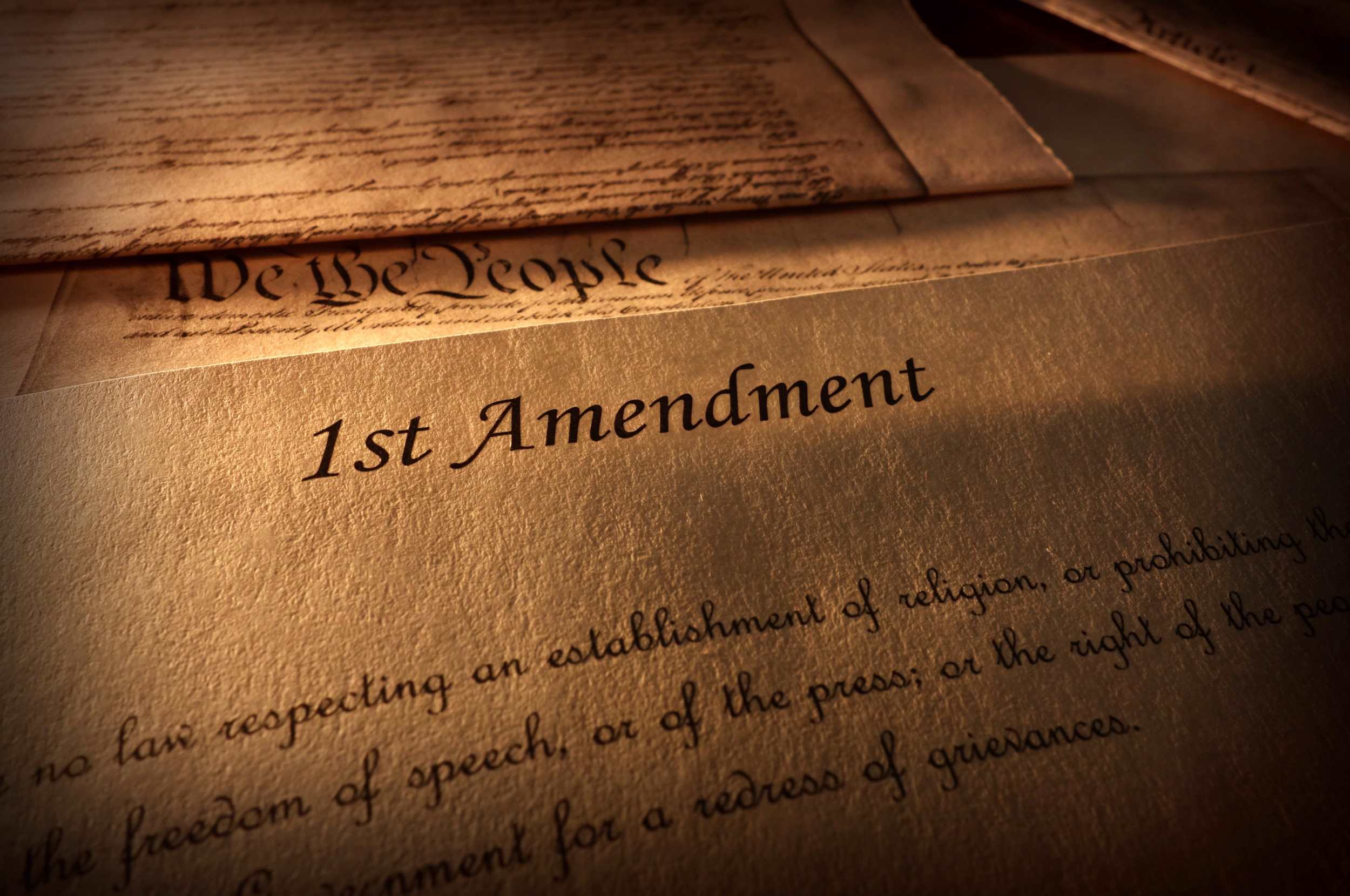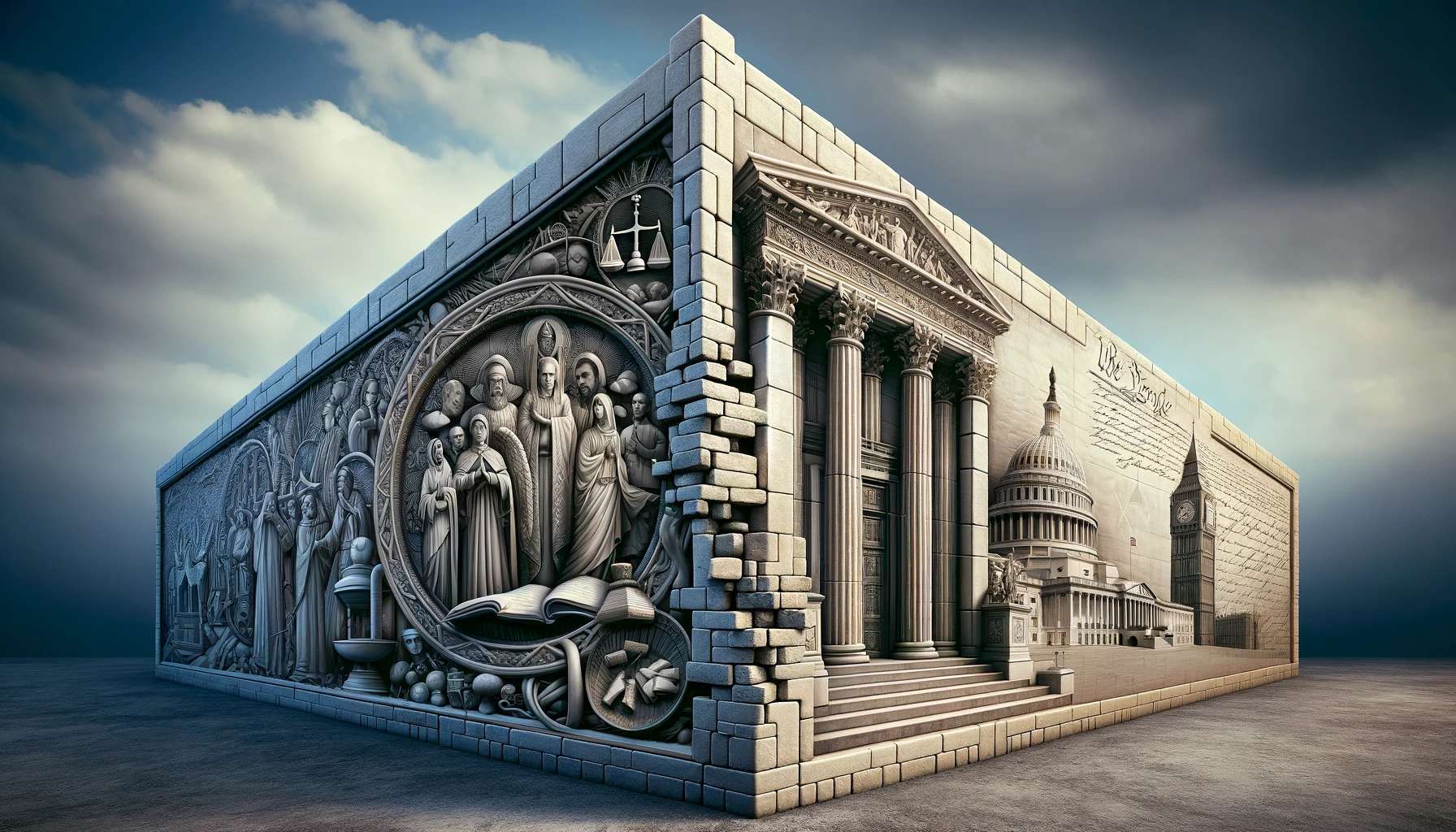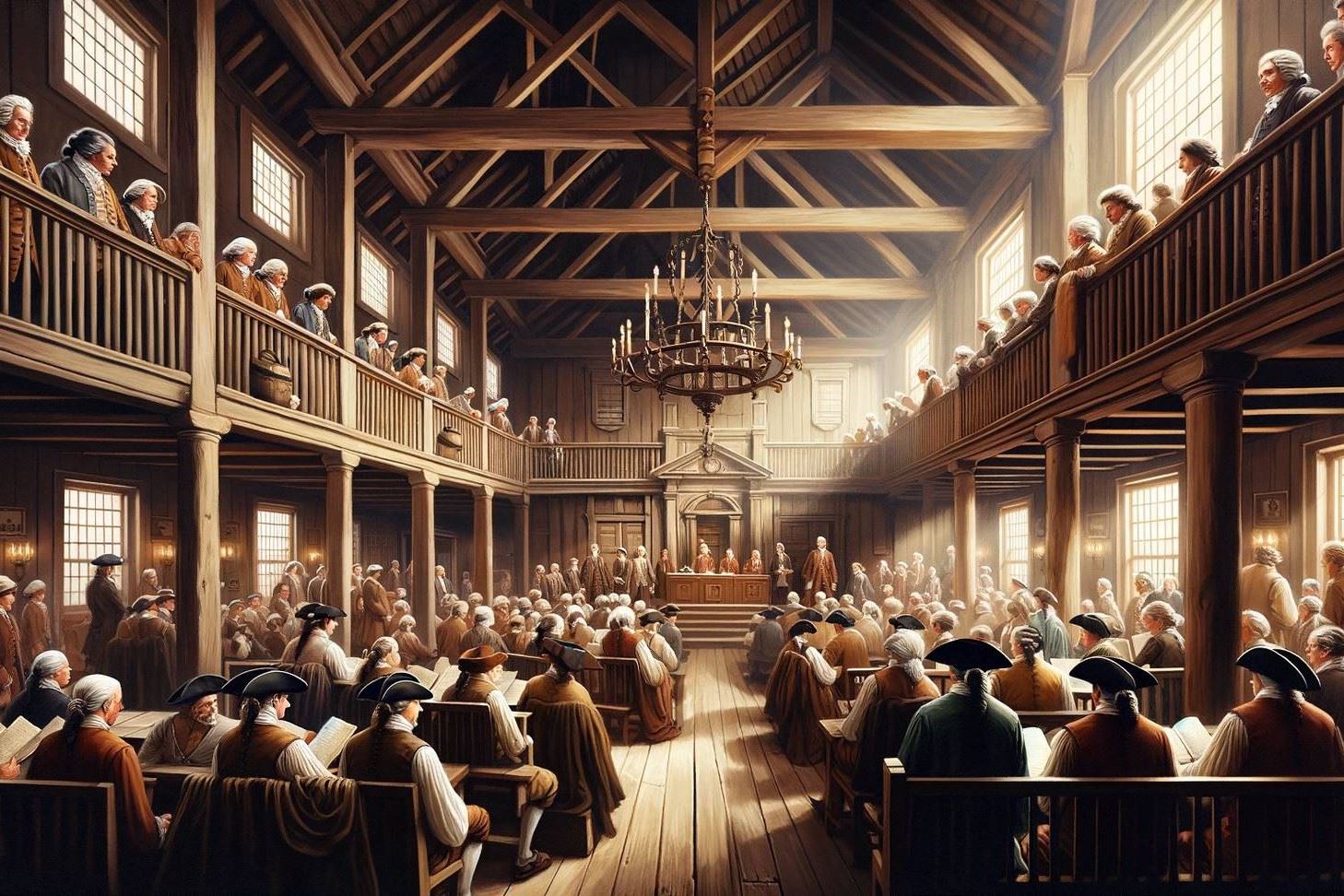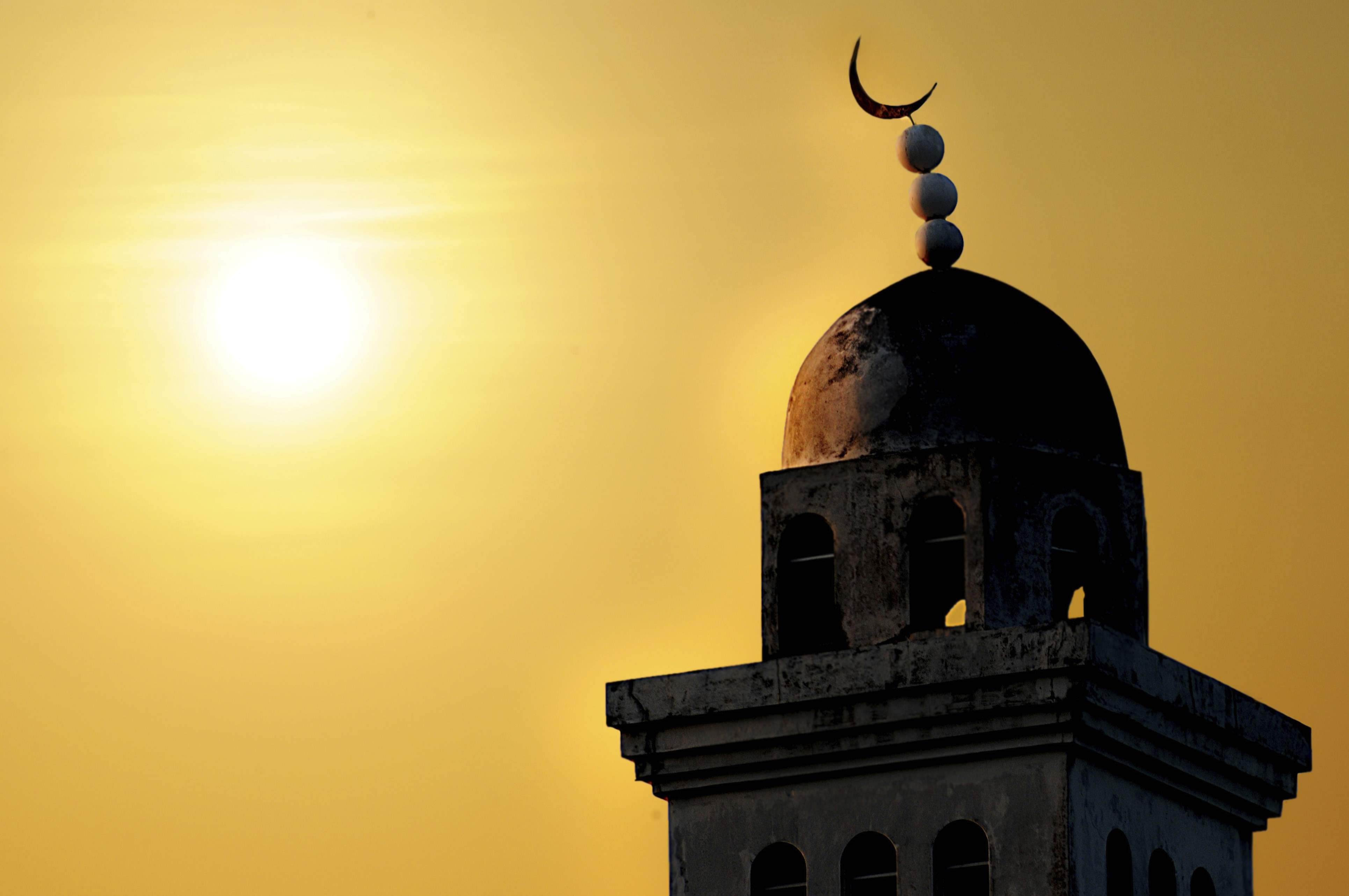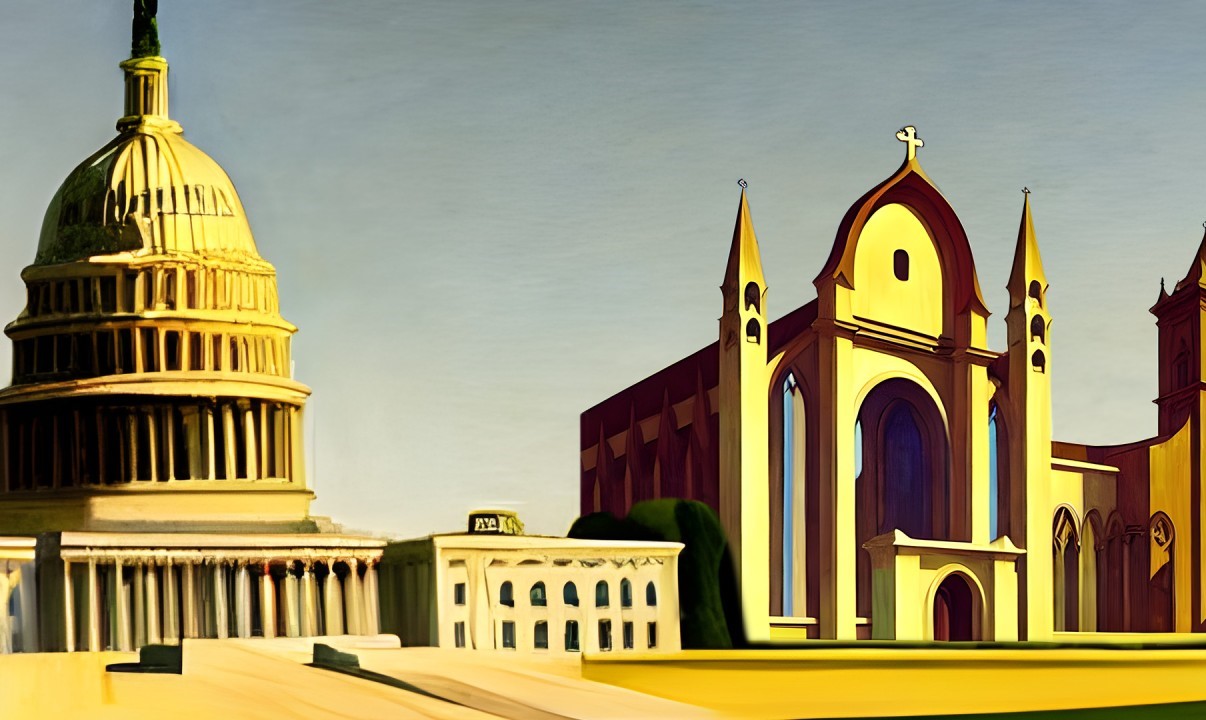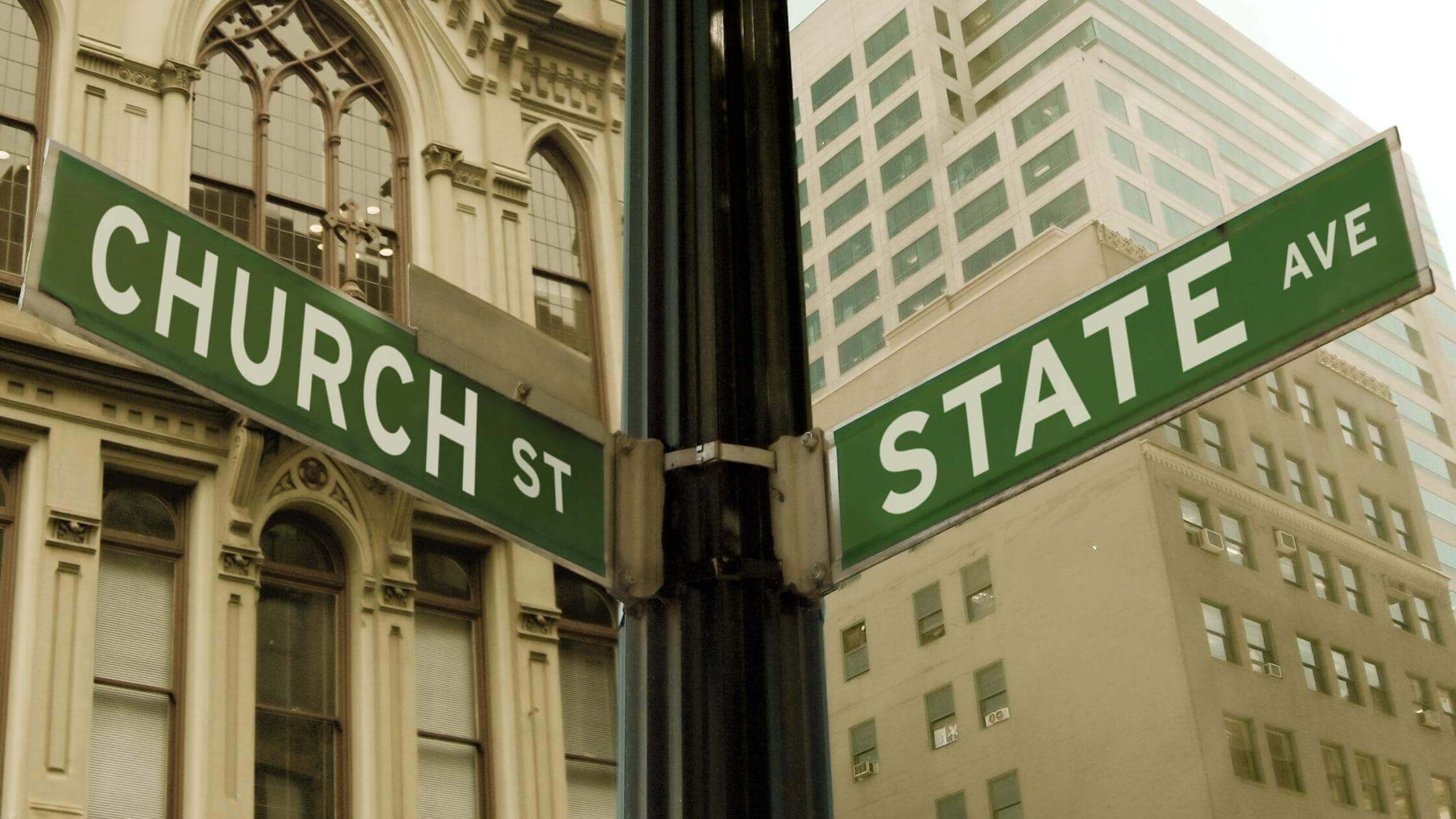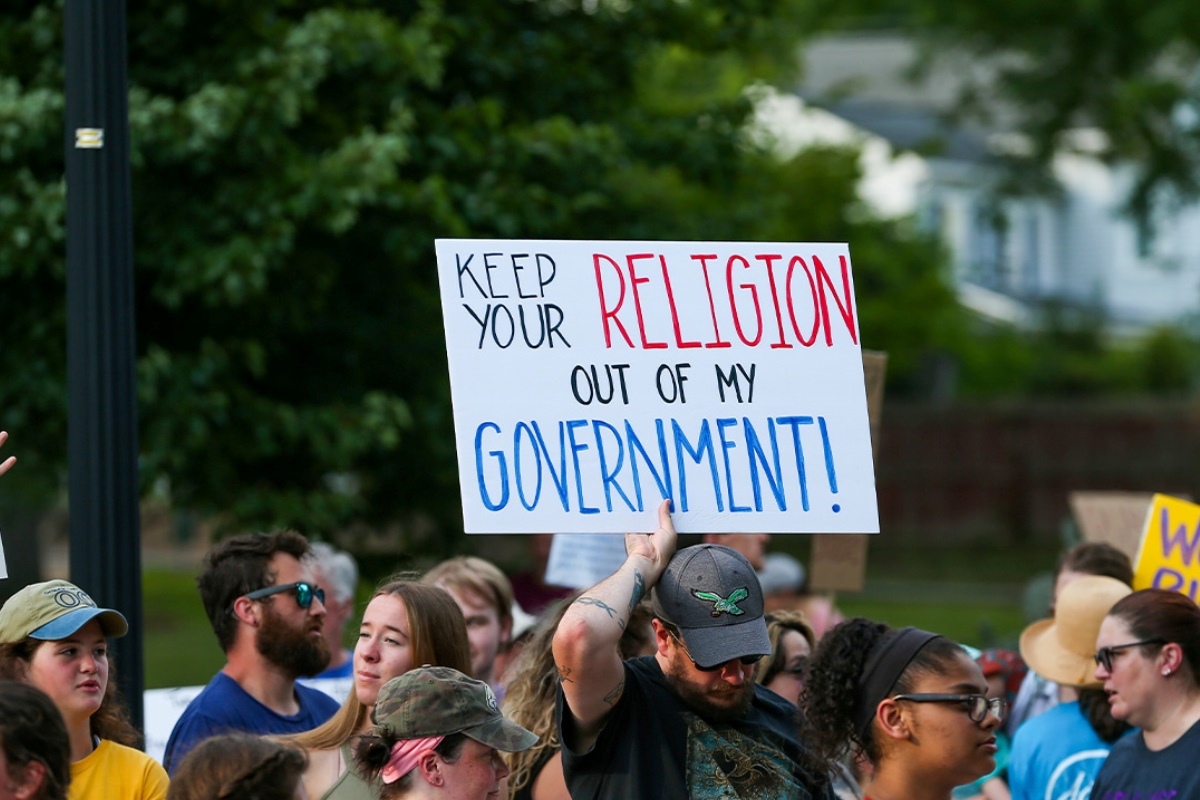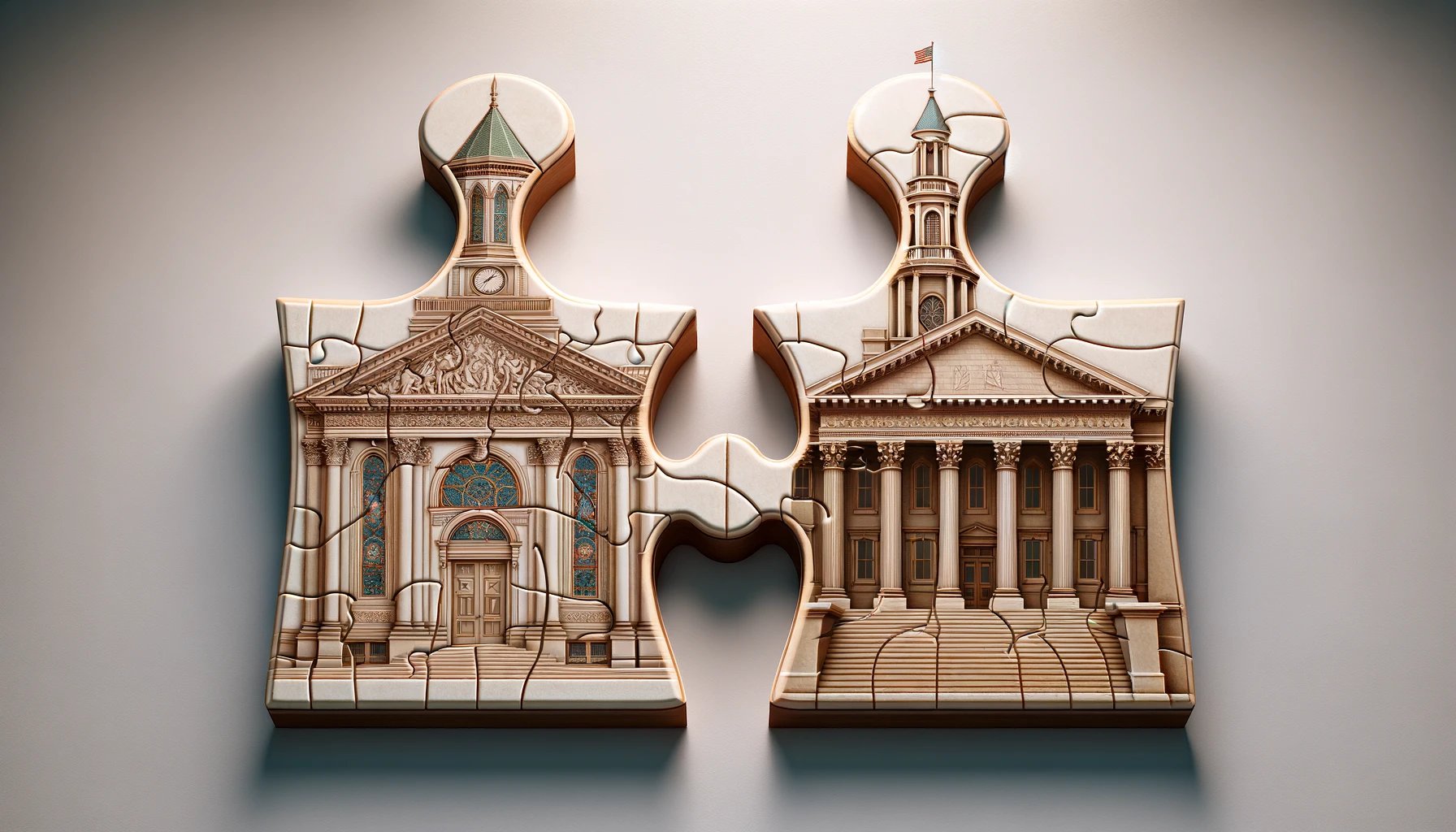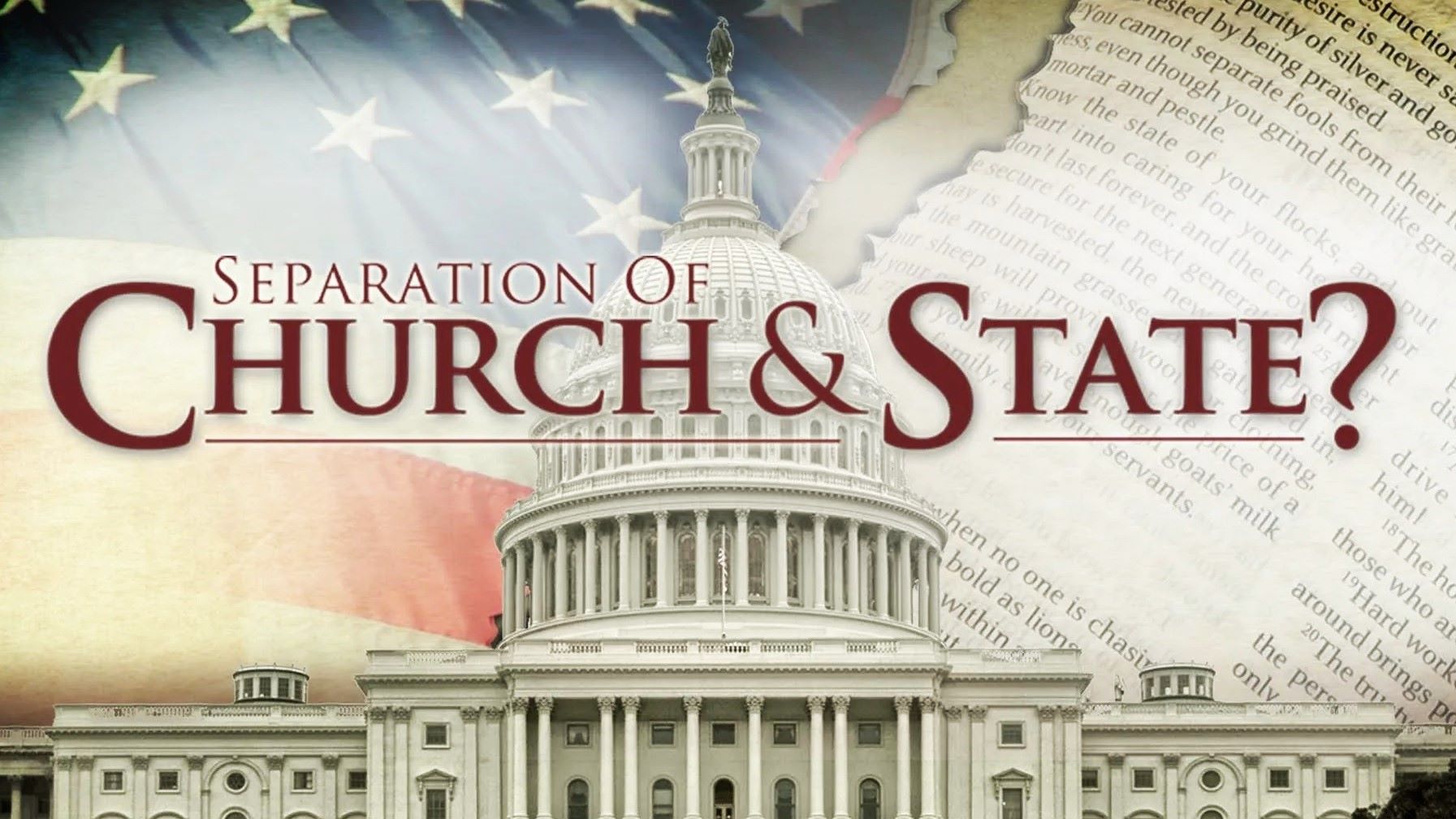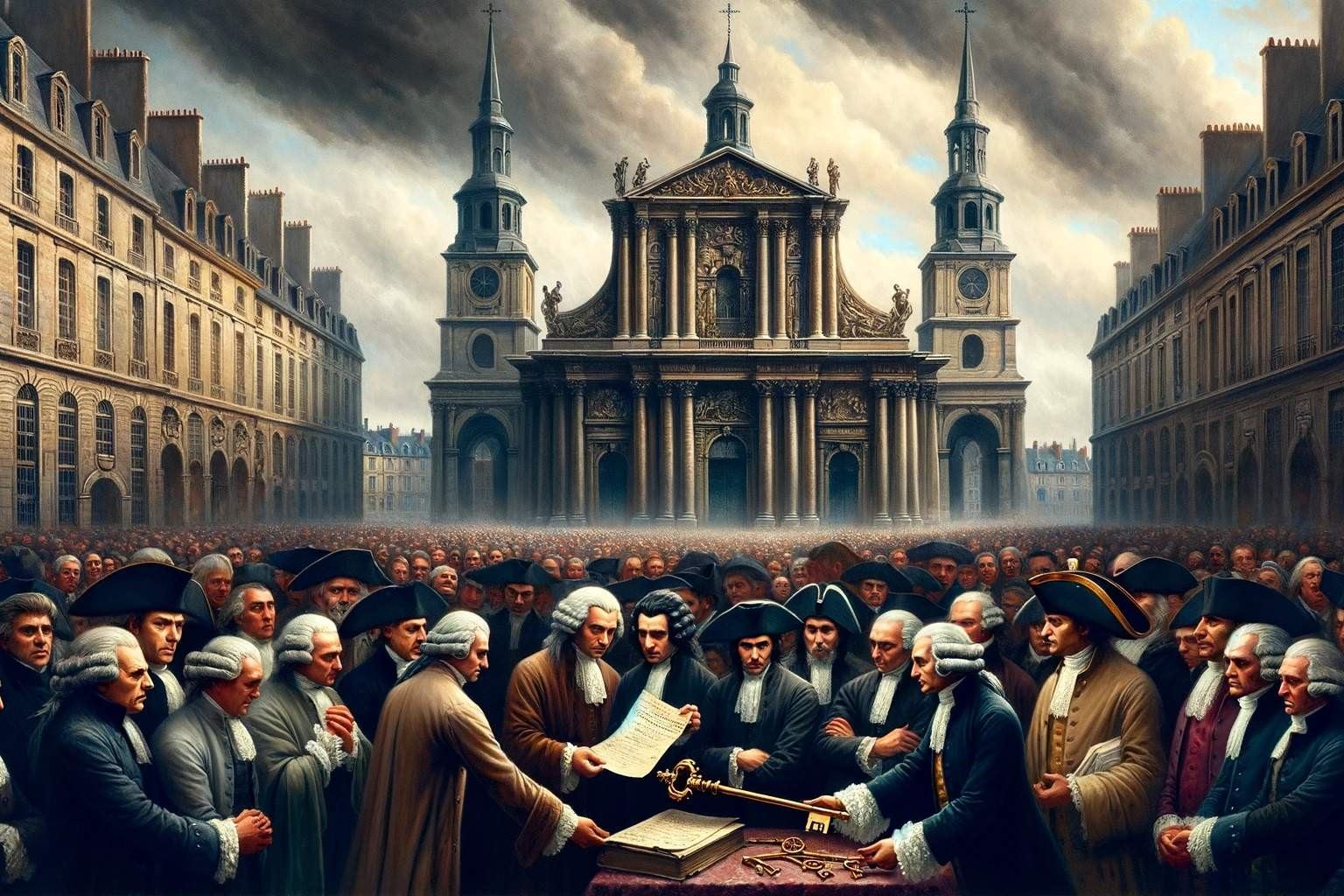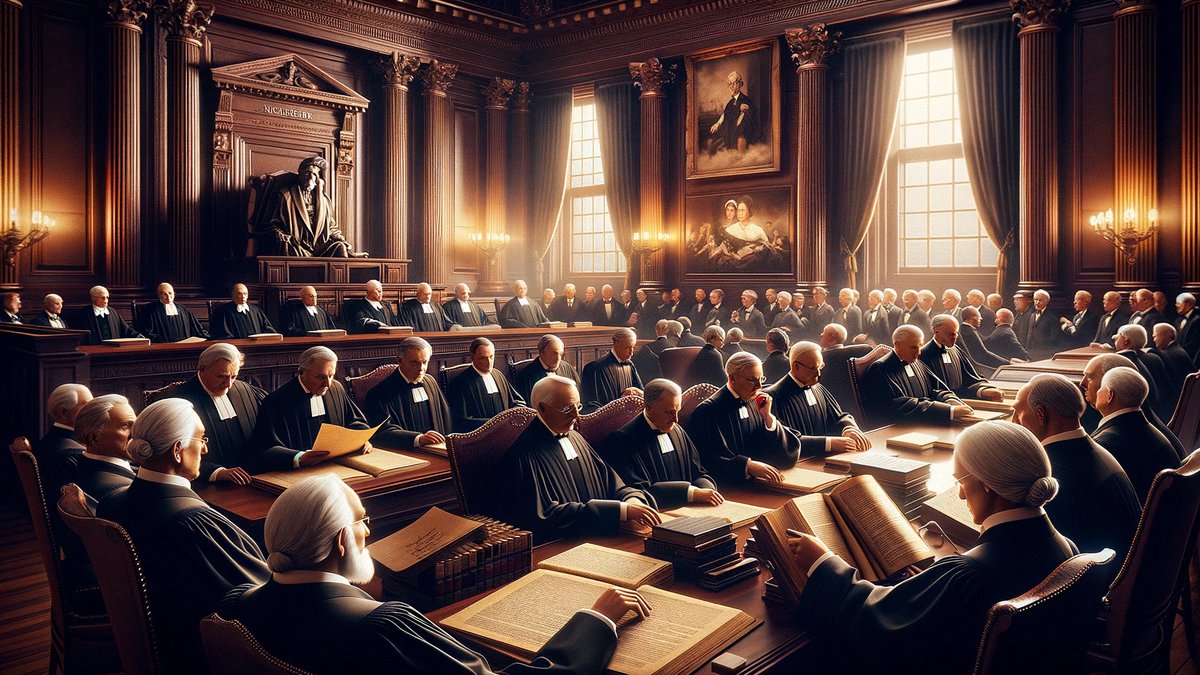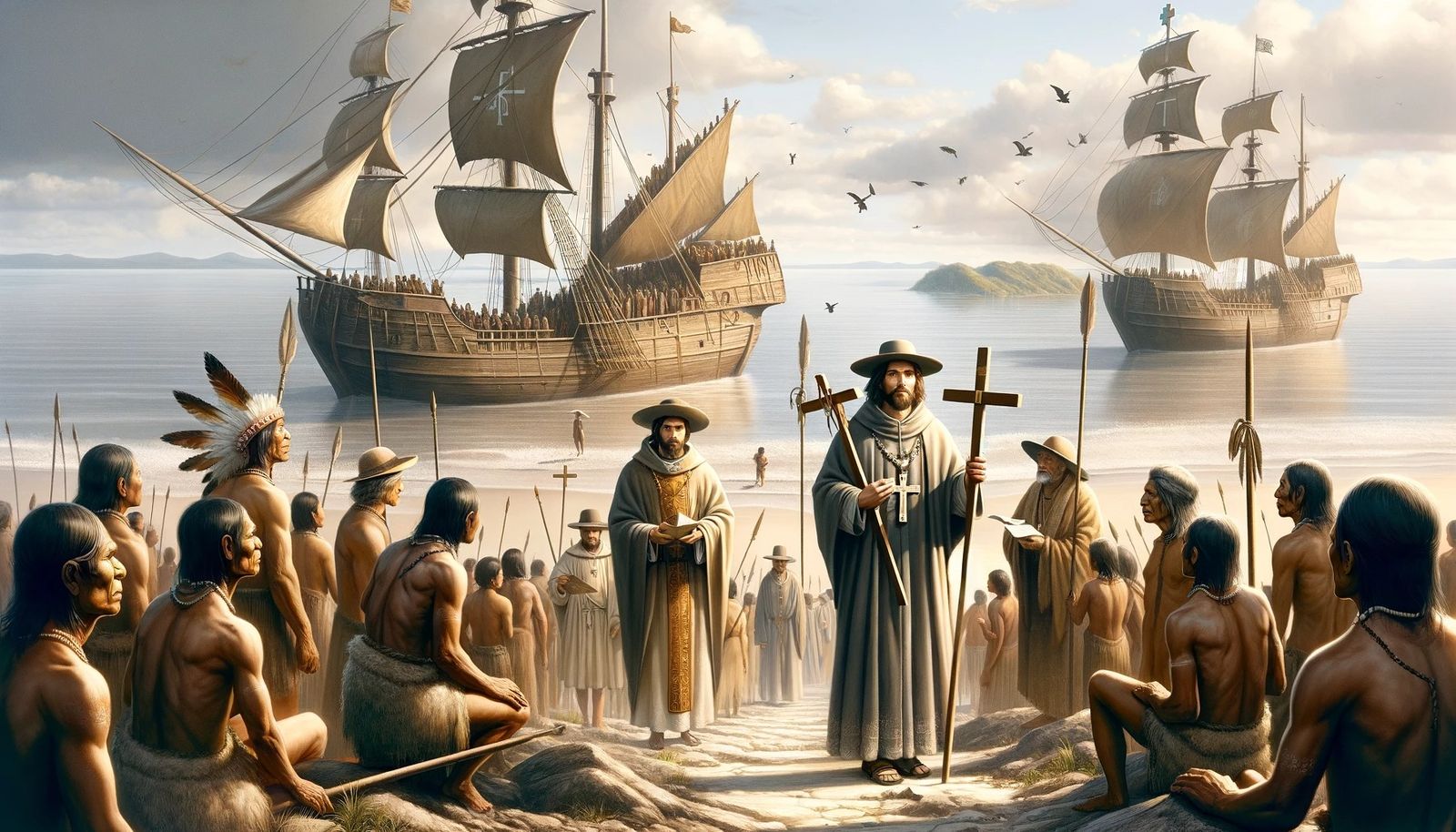Home>Theology and Spirituality>Which Colony Was The First To Separate Church And State
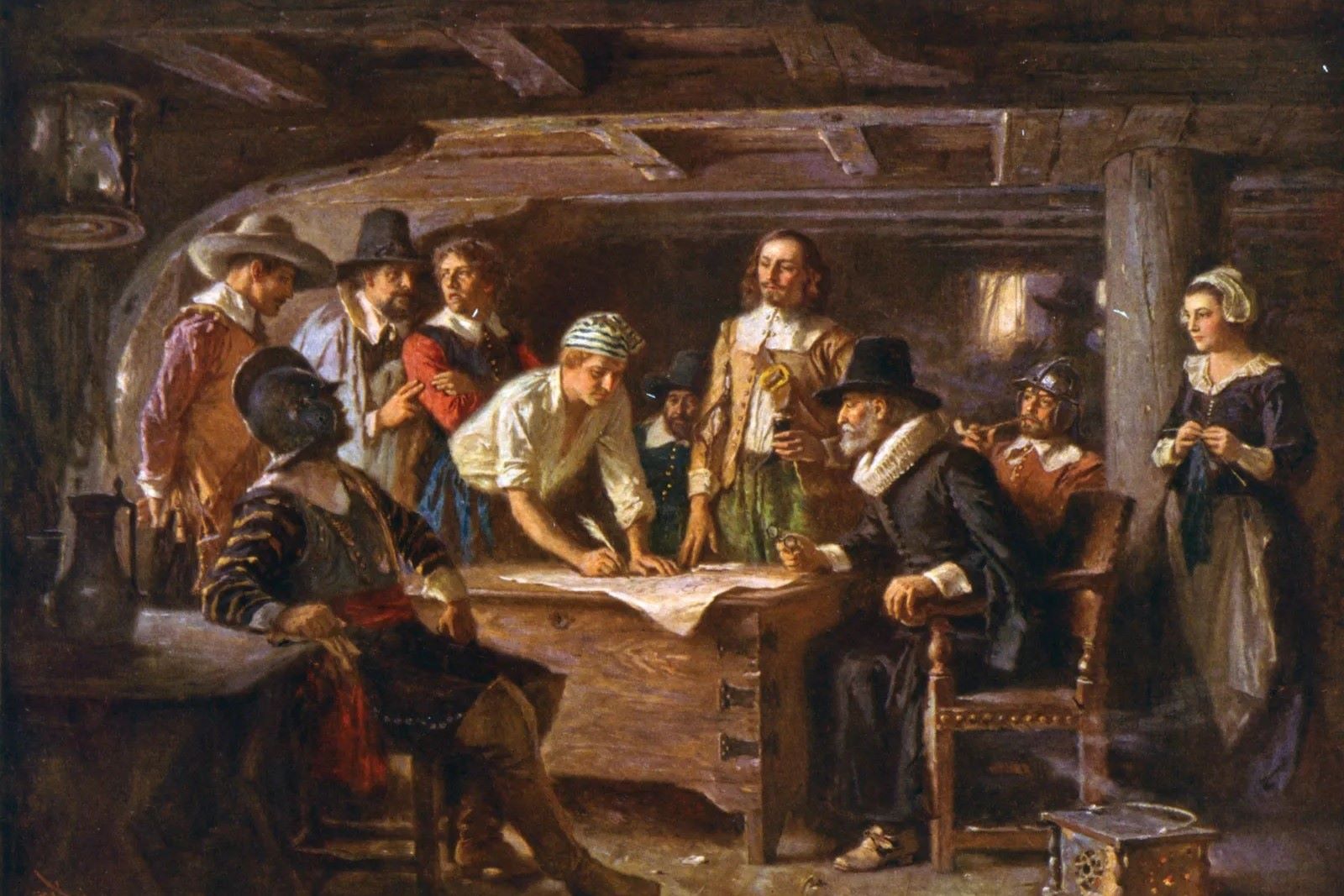

Theology and Spirituality
Which Colony Was The First To Separate Church And State
Published: February 11, 2024
Ericka Andersen, an editor at Christian.net, expertly merges digital strategy with content creation, focusing on faith and societal issues. Her communication skills enhance the platform's engaging narratives, fostering meaningful dialogue on belief's impact on society.
Discover which colony was the first to separate church and state in this insightful exploration of theology and spirituality. Uncover the historical significance and impact of this pivotal moment in American history.
(Many of the links in this article redirect to a specific reviewed product. Your purchase of these products through affiliate links helps to generate commission for Christian.net, at no extra cost. Learn more)
Table of Contents
Introduction
The separation of church and state is a fundamental principle that has significantly shaped the history and development of the United States. This concept, which is deeply rooted in the country's founding principles, has had a profound impact on the nation's governance, religious freedom, and societal dynamics. Understanding the origins and significance of the separation of church and state requires delving into the early history of the American colonies and the pivotal role of religion in shaping their governance and social fabric.
As we explore the historical context of the separation of church and state, it becomes evident that the early American colonies were established by diverse groups seeking religious freedom and autonomy. These colonies, each with its unique religious affiliations and practices, laid the groundwork for the intricate relationship between religion and governance in the New World. The quest for religious liberty and the desire to practice faith without interference from the government were fundamental driving forces behind the establishment of these colonies.
The intertwining of religion and governance in the early American colonies set the stage for the evolution of the concept of the separation of church and state. This principle, which would later become enshrined in the First Amendment of the United States Constitution, reflects the nation's commitment to safeguarding individual religious freedoms while preventing the imposition of any particular religious doctrine by the government.
As we embark on this exploration of the first colony to separate church and state, it is essential to recognize the profound implications of this historical development. The separation of church and state not only shaped the legal and political landscape of the United States but also fostered a climate of religious pluralism and tolerance that continues to define the nation's identity.
In the subsequent sections, we will delve into the historical backdrop of the American colonies, the influence of religion on their governance, and the pivotal moment when the first colony took a groundbreaking step towards separating church and state. This journey will illuminate the enduring significance of this principle and its enduring impact on American society and governance.
The Establishment of Colonies in America
The establishment of colonies in America was a pivotal chapter in the history of the New World, marked by the arrival of diverse groups seeking religious freedom, economic opportunities, and autonomy from the political and religious constraints of Europe. The early 17th century witnessed the founding of several colonies, each with its unique motivations and aspirations, ultimately shaping the cultural, religious, and political landscape of the continent.
The Virginia Colony, established in 1607, was one of the earliest English settlements in America. Founded primarily for economic reasons, it aimed to exploit the region's abundant natural resources, particularly tobacco, for the benefit of the Virginia Company and its investors. This pursuit of economic prosperity laid the groundwork for the colony's governance and societal structure, setting a precedent for future colonies driven by similar ambitions.
In contrast, the Plymouth Colony, founded by the Pilgrims in 1620, sought religious freedom and the autonomy to practice their faith without persecution. Fleeing religious oppression in England, the Pilgrims embarked on a perilous journey to the New World in pursuit of a society where they could freely worship according to their beliefs. Their arrival in Plymouth marked a significant milestone in the quest for religious liberty and self-governance, laying the foundation for the principles that would later shape the nation's identity.
Similarly, the Massachusetts Bay Colony, established in 1630 by Puritan settlers, was driven by a fervent desire to create a society based on their interpretation of the Christian faith. The Puritans sought to establish a "city upon a hill," a model community guided by their religious convictions and moral principles. This vision profoundly influenced the colony's governance and social structure, emphasizing the intertwining of religion and civic life.
The establishment of these colonies, among others, reflected a tapestry of motivations, including economic prosperity, religious freedom, and the pursuit of self-governance. These diverse aspirations laid the groundwork for the intricate relationship between religion, governance, and individual liberties, setting the stage for the evolution of the concept of the separation of church and state in the United States.
As the colonies flourished and evolved, their distinct origins and aspirations converged to shape the unique tapestry of beliefs, values, and governance that would define the American experience. This rich tapestry, woven from the diverse threads of religious freedom, economic ambition, and self-determination, set the stage for the transformative moment when the first colony took a groundbreaking step towards separating church and state.
The Role of Religion in Early American Colonies
Religion played a pivotal role in shaping the governance, societal norms, and cultural identity of the early American colonies. The diverse religious affiliations and convictions of the colonists profoundly influenced the establishment and development of these communities, laying the foundation for the intricate relationship between faith and governance.
The Puritans, seeking to create a society based on their interpretation of the Christian faith, established the Massachusetts Bay Colony in 1630. Their religious convictions permeated every aspect of colonial life, shaping laws, customs, and communal practices. The Puritan ethic emphasized the moral and spiritual foundation of governance, intertwining religious principles with civic affairs.
Similarly, the Quakers, led by William Penn, founded the Province of Pennsylvania in 1681 as a haven for religious tolerance and freedom. The Quaker belief in the inherent equality of all individuals and the freedom of conscience profoundly influenced the colony's governance, leading to policies that embraced religious pluralism and respect for individual beliefs.
The Maryland Colony, established in 1634, was founded as a refuge for English Catholics facing persecution in their homeland. The colony's governance reflected a commitment to religious freedom, as enshrined in the Maryland Toleration Act of 1649, which granted liberty of conscience to all Christians. This groundbreaking legislation laid the groundwork for the principle of religious tolerance in the colonies.
The intertwining of religion and governance in the early American colonies underscored the profound influence of faith on the formation of laws, social structures, and communal values. Religious institutions served as pillars of community life, providing moral guidance, education, and social cohesion. The clergy often wielded significant influence, shaping public discourse and participating in matters of governance.
The role of religion in the early American colonies extended beyond the confines of individual belief systems, permeating the fabric of colonial society and governance. This intricate interplay between faith and civic life set the stage for the evolution of the concept of the separation of church and state, marking a transformative moment in the history of the United States.
The First Colony to Separate Church and State
The first colony to formally embrace the separation of church and state was Rhode Island. Founded by Roger Williams in 1636, Rhode Island was established on the principles of religious freedom and the complete autonomy of civil governance from religious interference. Williams, a staunch advocate for the separation of church and state, sought to create a haven where individuals could practice their faith without fear of persecution and where the government would not impose any particular religious doctrine.
Rhode Island's foundational document, the 1663 Royal Charter, solidified the colony's commitment to religious liberty and the separation of church and state. The charter explicitly stated that the government would not interfere with matters of conscience and religious belief, ensuring that individuals were free to worship according to their own convictions without facing discrimination or coercion from the state.
This groundbreaking declaration of religious freedom and the formal separation of church and state in Rhode Island marked a pivotal moment in the history of the American colonies. It set a precedent for the protection of individual religious liberties and the establishment of a government free from religious entanglements, laying the groundwork for the principles enshrined in the First Amendment of the United States Constitution.
Rhode Island's bold stance on the separation of church and state reverberated throughout the colonies, inspiring discussions and debates on the role of religion in governance and the rights of individuals to practice their faith without government interference. The colony's commitment to religious freedom and the autonomy of civil governance from religious dictates served as a beacon of hope for those seeking refuge from religious persecution and as a model for the evolving concept of religious pluralism in the New World.
The legacy of Rhode Island's pioneering embrace of the separation of church and state endures as a testament to the enduring principles of religious freedom and the vital importance of safeguarding individual liberties from the encroachments of government. This transformative moment in the history of the American colonies laid the foundation for the nation's commitment to upholding the separation of church and state as a cornerstone of its governance and identity.
The impact of Rhode Island's principled stance reverberated far beyond its borders, shaping the trajectory of religious freedom and the relationship between faith and governance in the United States. This pivotal moment in history continues to resonate as a testament to the enduring significance of the separation of church and state in safeguarding individual liberties and fostering a society that embraces religious diversity and pluralism.
Impact of the Separation of Church and State
The impact of the separation of church and state reverberates profoundly throughout the fabric of American society and governance. This foundational principle, rooted in the historical trajectory of the American colonies, has left an indelible mark on the nation's identity, legal framework, and societal dynamics.
The separation of church and state has been instrumental in safeguarding individual religious freedoms and preventing the imposition of any particular religious doctrine by the government. By delineating the spheres of religious practice and civil governance, this principle has fostered an environment where individuals are free to worship according to their beliefs without fear of persecution or coercion from the state. This fundamental protection of religious liberties has contributed to the rich tapestry of faith traditions and beliefs that define the American experience.
Moreover, the separation of church and state has played a pivotal role in promoting religious pluralism and tolerance. By ensuring that the government remains neutral in matters of religion, this principle has created a climate where diverse faith traditions coexist harmoniously, contributing to the vibrant mosaic of religious practices and beliefs across the nation. This commitment to religious pluralism has been integral to the cultivation of a society that embraces the diversity of its citizens' religious convictions and fosters mutual respect and understanding.
Furthermore, the separation of church and state has been a cornerstone of the nation's legal framework, enshrined in the First Amendment of the United States Constitution. This constitutional protection has served as a bulwark against the entanglement of religious institutions in matters of governance and has reinforced the autonomy of civil authorities in shaping laws and policies that uphold the rights and freedoms of all individuals, regardless of their religious affiliations.
The enduring impact of the separation of church and state extends beyond the realm of governance, shaping the cultural ethos of the nation. It has contributed to the cultivation of a society where individuals are free to express their religious beliefs openly, participate in diverse religious practices, and engage in public discourse without the constraints of religious orthodoxy imposed by the state.
In essence, the impact of the separation of church and state has been transformative, shaping the nation's commitment to upholding religious freedoms, fostering religious pluralism, and preserving the autonomy of civil governance. This enduring principle continues to resonate as a testament to the nation's dedication to safeguarding individual liberties and nurturing a society that embraces the rich tapestry of religious beliefs and practices.
Conclusion
The journey through the historical landscape of the American colonies and the pivotal moment when Rhode Island became the first colony to embrace the separation of church and state illuminates the enduring significance of this foundational principle. The establishment of colonies driven by diverse motivations, including economic prosperity, religious freedom, and self-governance, laid the groundwork for the intricate relationship between religion and governance. The Puritans, Quakers, and Catholics, among others, sought to create communities guided by their religious convictions, shaping laws, societal norms, and communal values.
Rhode Island's bold stance on the separation of church and state, as exemplified in the 1663 Royal Charter, marked a transformative moment in the history of the American colonies. This principled commitment to religious freedom and the autonomy of civil governance from religious interference set a precedent for the protection of individual liberties and the establishment of a government free from religious entanglements. Rhode Island's pioneering embrace of the separation of church and state reverberated throughout the colonies, inspiring discussions and debates on the role of religion in governance and the rights of individuals to practice their faith without government interference.
The impact of the separation of church and state has been profound, shaping the nation's legal framework, societal dynamics, and cultural ethos. It has been instrumental in safeguarding individual religious freedoms, fostering religious pluralism and tolerance, and preserving the autonomy of civil governance. This enduring principle, enshrined in the First Amendment of the United States Constitution, continues to resonate as a testament to the nation's dedication to upholding individual liberties and nurturing a society that embraces the rich tapestry of religious beliefs and practices.
As we reflect on the historical trajectory of the American colonies and the enduring legacy of the separation of church and state, it becomes evident that this foundational principle has left an indelible mark on the nation's identity. The commitment to safeguarding religious freedoms, promoting religious pluralism, and preserving the autonomy of civil governance stands as a testament to the enduring values that shape the American experience. The separation of church and state remains a cornerstone of the nation's governance and cultural fabric, embodying the enduring principles of liberty, equality, and religious diversity that define the United States.
